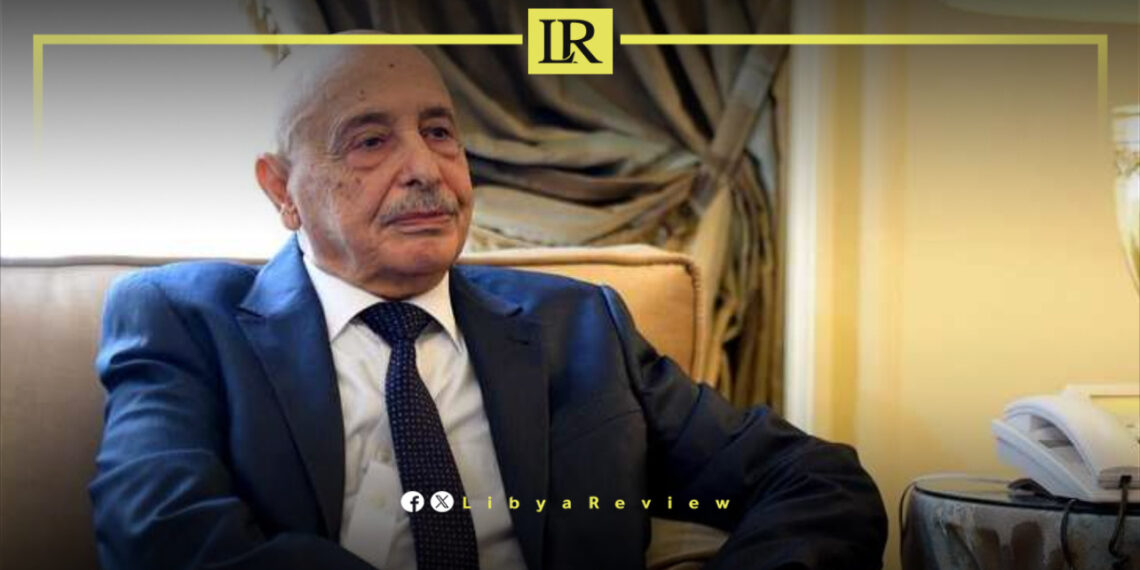On Wednesday, Libya’s Parliament Speaker, Ageela Saleh, emphasized the critical role of the United States in resolving Libya’s protracted political crisis.
During a surprise visit to Washington, Saleh engaged in discussions focused on breaking the political stalemate that has resulted in two rival governments.
In an interview with Alhurra TV, he stressed the urgent need to form a unified, interim government to oversee presidential and parliamentary elections as soon as possible.
Saleh highlighted the importance of U.S. involvement in rebuilding Libya’s fractured political system, noting that America’s influence goes beyond providing logistical or financial aid. “The U.S. plays a pivotal role in guiding Libya’s political factions toward solutions,” Saleh said, adding that American support could be decisive in ending the country’s division. “The presence of the United States as a key ally marks a turning point in our efforts to end the political deadlock.”
Saleh underscored the necessity of forming a small, unified interim government with clear, focused responsibilities. “The existence of two governments in Libya is detrimental to the country. We need one government to perform specific tasks within a set timeframe,” Saleh said, pointing out that its primary role should be to organize elections. He stressed that the Libyan people are eager to transition toward democracy, and a unified government would reflect their aspirations.
While emphasizing internal solutions, Saleh also expressed concern over foreign interference, which he said has delayed the formation of a unified government. “Some countries are responsible for prolonging the crisis,” he noted, calling for firm action against external interventions that further complicate Libya’s political situation.
During his meetings with U.S. officials, Saleh discussed the latest developments in Libya, focusing on practical steps that could support the country’s transition out of political paralysis. He stressed that international backing is crucial for implementing solutions, but these steps must align with the will of the Libyan people.
Saleh reaffirmed that holding national elections is central to Libya’s future stability. “The Libyan people deserve the right to freely elect their leaders. The current situation cannot continue; we need to hold elections as soon as possible,” he said, expressing hope that this goal could be realized shortly.
Libya has been embroiled in political instability since the overthrow of Muammar Gaddafi in 2011, leading to the emergence of rival factions vying for control. Despite numerous international efforts to facilitate a political settlement, the country remains divided, with two competing governments: one in the east, and the other in the west.


